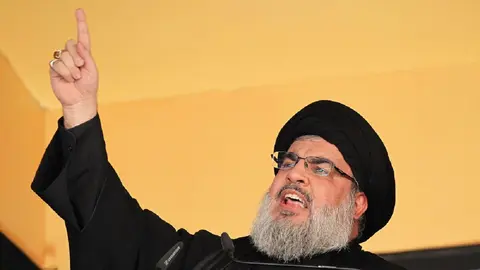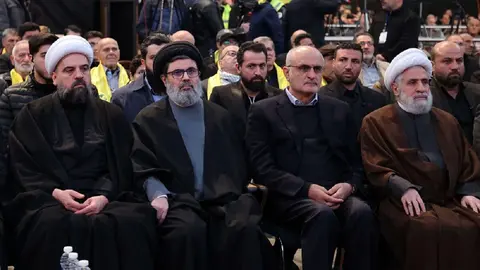Nasrallah's death and Hezbollah's defeats offer a chance for Middle East peace
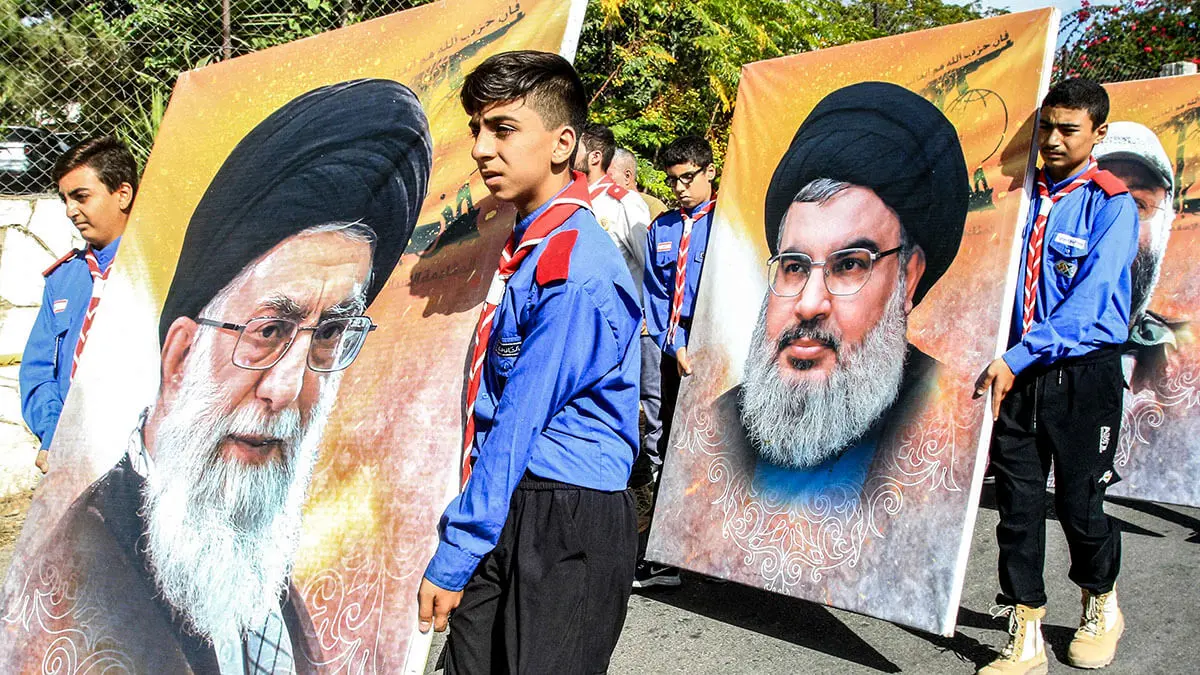
Amid rising tensions in the Middle East, the removal of Hezbollah leader Hassan Nasrallah presents an opportunity for peace in the region, or at least in Lebanon.
Since Nasrallah assumed leadership of Hezbollah in 1992, the Iranian-backed Shi'a militia has sought to dismantle the country's political authorities, to the detriment of the Lebanese population.
Because of Hezbollah, Lebanon went from being a prosperous country - considered the Switzerland of the Middle East - to a failed state, mired in a severe political, social and economic crisis. Now, with Nasrallah out of the picture and Hezbollah weakened, the Lebanese have the opportunity to regain control of their country, rebuilding it and working for the benefit of its citizens, without following orders from Tehran.
Under Nasrallah's leadership, Hizbollah not only harmed the Lebanese, but was also responsible for the deaths of Israelis, Syrians, Americans and Argentinians. Aware of the threat the militia posed to the entire region, the Arab League decided to join the United States and the European Union in classifying Hizbollah as a terrorist organisation.
Because of the suffering the Shia group has caused in different parts of the world, US President Joe Biden called Nasrallah's death an act of ‘justice’. ‘Hassan Nasrallah and the terrorist group he led, Hezbollah, were responsible for the deaths of hundreds of Americans over four decades of terror,’ Biden said in a statement, also recalling Israeli and Lebanese victims.
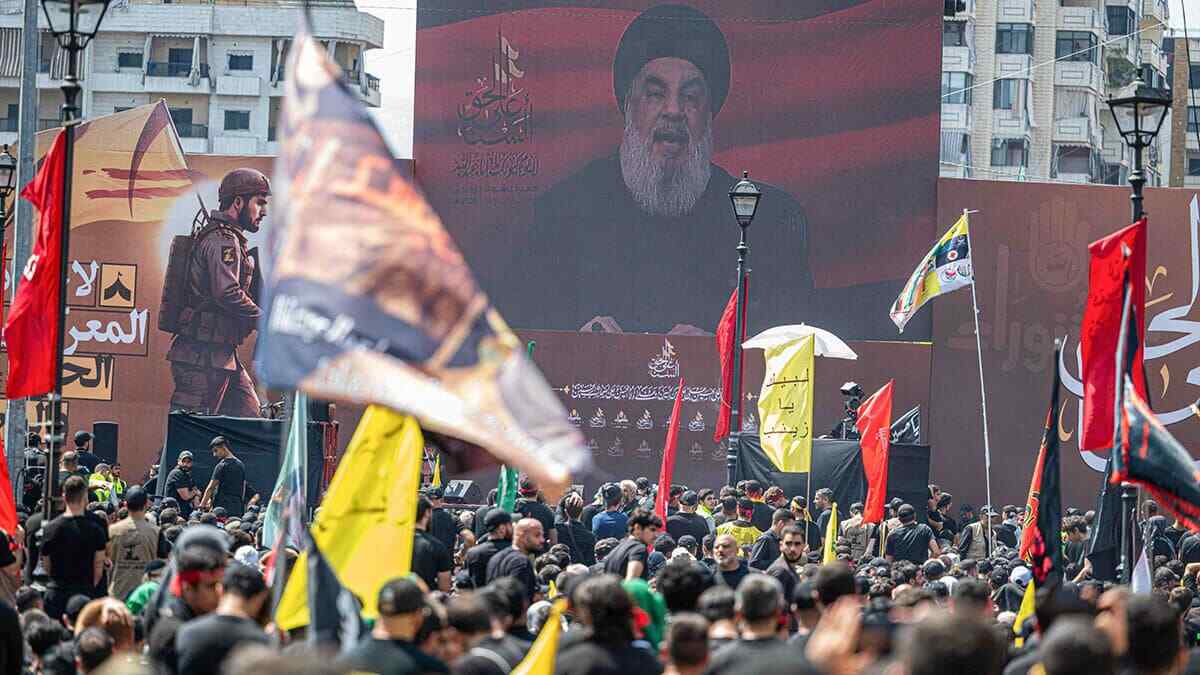
As The Washington Institute notes in a recent report, the opportunity for stability and peace in the wake of Nasrallah's death is accompanied by the systematic deterioration of Hizbollah's capabilities over the past month, as recent history has shown that criminal movements or terrorist groups rarely collapse once the top leader is removed.
For example, the rise of Boko Haram has continued despite the killing of its leader, Abubakar Shekau, in 2021. Similarly, Al-Shabaab has maintained its power in Somalia after the US killed one of its top leaders, Maalim Ayman, last year, while the Sinaloa Cartel has flourished in Mexico despite the imprisonment of its leader El Chapo and his son. ‘This shows that removing a senior figure does not always have a serious impact,’ the think tank notes, adding that ‘it is most effective when the removal of the supreme leader is accompanied by a systematic hollowing out of the movement's organisational capabilities‘.
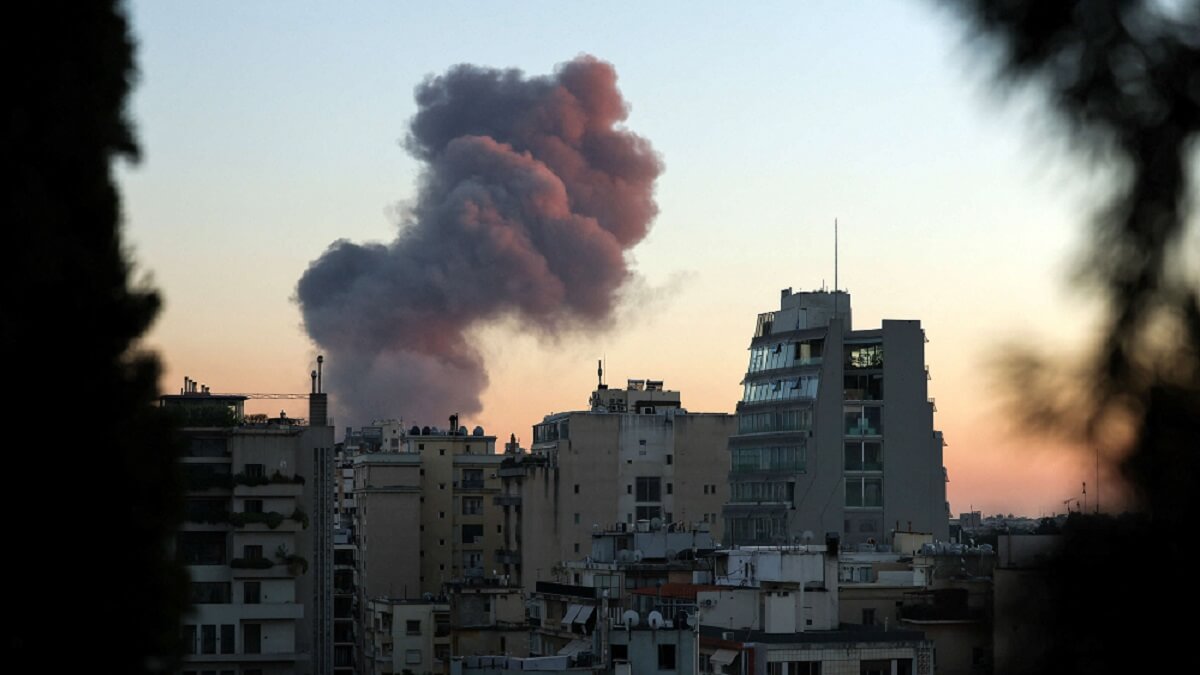
This happened with al-Qaeda, which collapsed with the assassination of its leaders Osama bin Laden and Ayman al-Zawahiri; with the Wagner Group after its forced merger with the Russian Army, which ended with the assassination of its leader Yevgeny Prigozhin and his top deputies. The same was experienced by Daesh after years of military defeats that peaked with the assassination of its leader, Abu Bakr al-Baghdadi.
This is what has happened in Lebanon over the past month with coordinated explosions of Hezbollah-linked fighters and walkie-talkies and airstrikes targeting senior officials that have taken out the entire leadership of the terrorist organisation. Indeed, a recent Israeli air strike in Beirut targeted Hashem Safieddine, the successor to his Nasrallah.
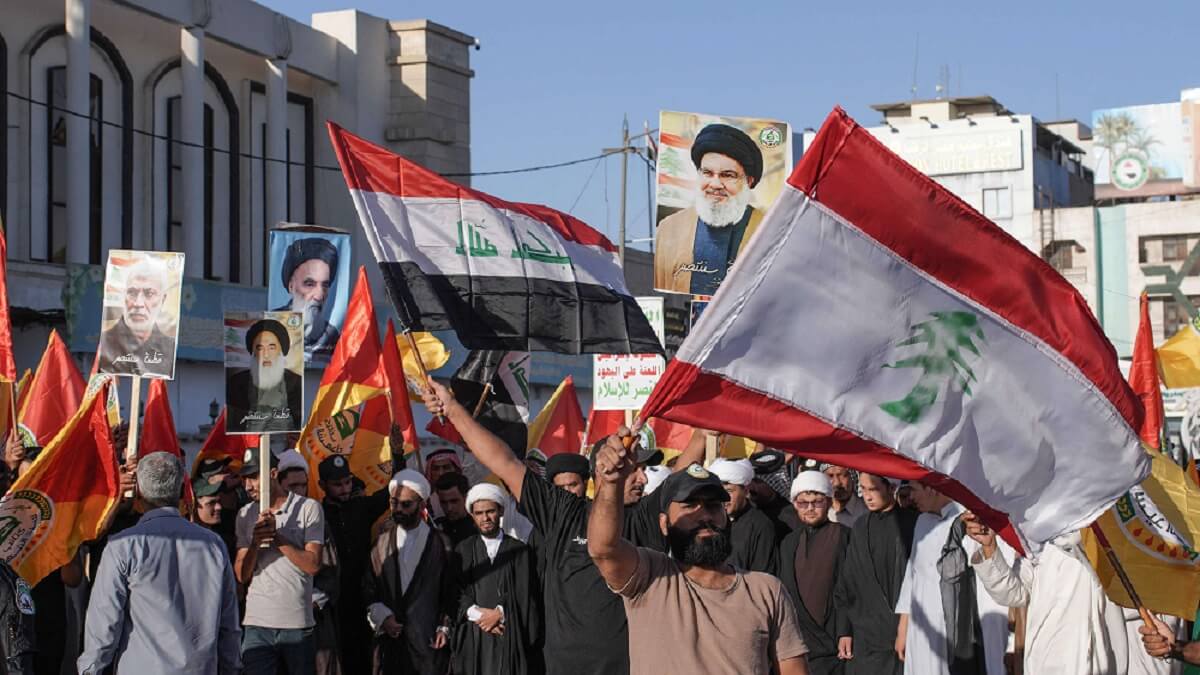
The recent deterioration of Hizbollah, Tehran's most powerful regional proxy, has exposed the weakness of the Iranian regime and its regional militias. ‘What is certain is that Arab leaders will now be less fearful of Iran and its coercive power, and will reassess their options accordingly,’ notes The Washington Institute, recalling that ‘Iran has found itself increasingly isolated in the Middle East, making the regime more and more dependent on Russia and China‘
Nevertheless, Hizbollah still has the capacity to launch massive attacks against Israel. Last Thursday alone, the Israel Defence Forces claimed that the Lebanese militia launched around 200 rockets and drones into the north of the country.
It is estimated that since 8 October, when Hezbollah launched its offensive against Israel in support of Hamas in Gaza, the terrorist group has launched between 8,000 and 11,000 rockets against the Jewish state.
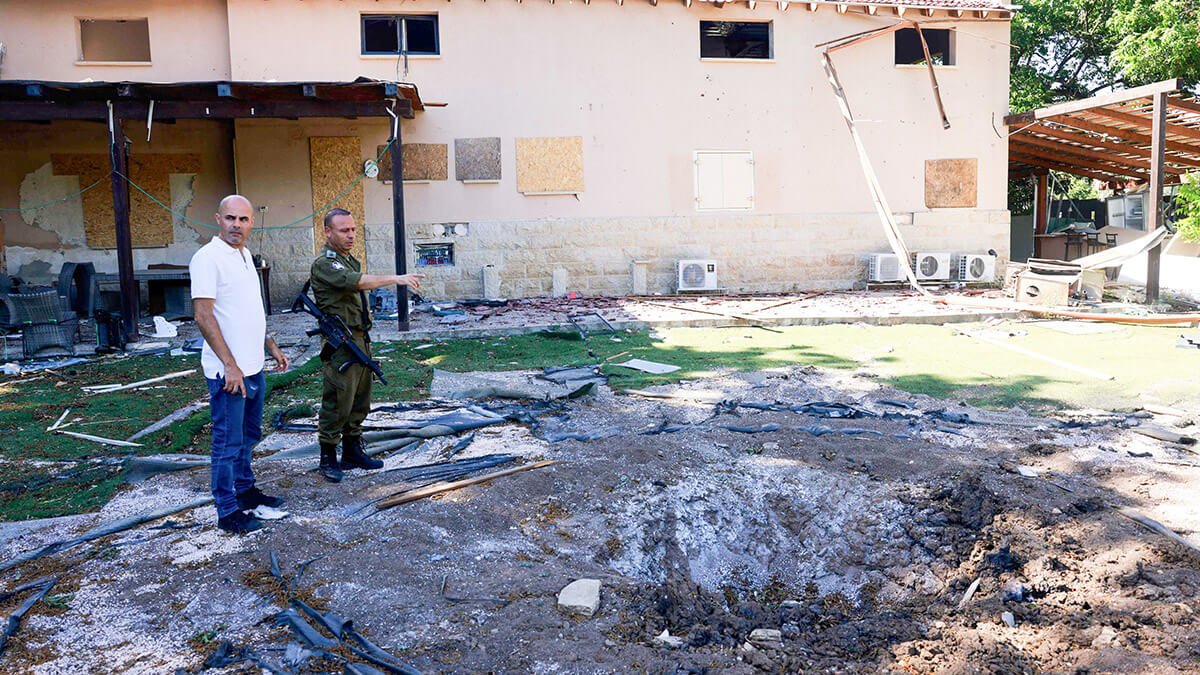
For this reason, and given the group's current weakness, Israel is unlikely to cease its operations against Hizbollah. ‘Israel will take advantage of Hizbollah's disorganisation to do everything it can to destroy the group's offensive capabilities, including its entire arsenal of precision-guided missiles and what remains of its infrastructure for cross-border attacks in southern Lebanon,’ explains Robert Satloff, executive director of The Washington Institute. ‘Hopefully, Israel will achieve its objectives quickly and avoid the fatal lure of long-term reoccupation of Lebanese territory,’ he adds.
Of course, escalation remains a possibility, especially after Iran's massive 200-ballistic missile attack on Israel in response to the assassination of Hamas leader Ismail Haniyeh and Nasrallah. Jerusalem has already assured that it will retaliate against the Iranian regime, targeting oil production facilities and other strategic locations.

